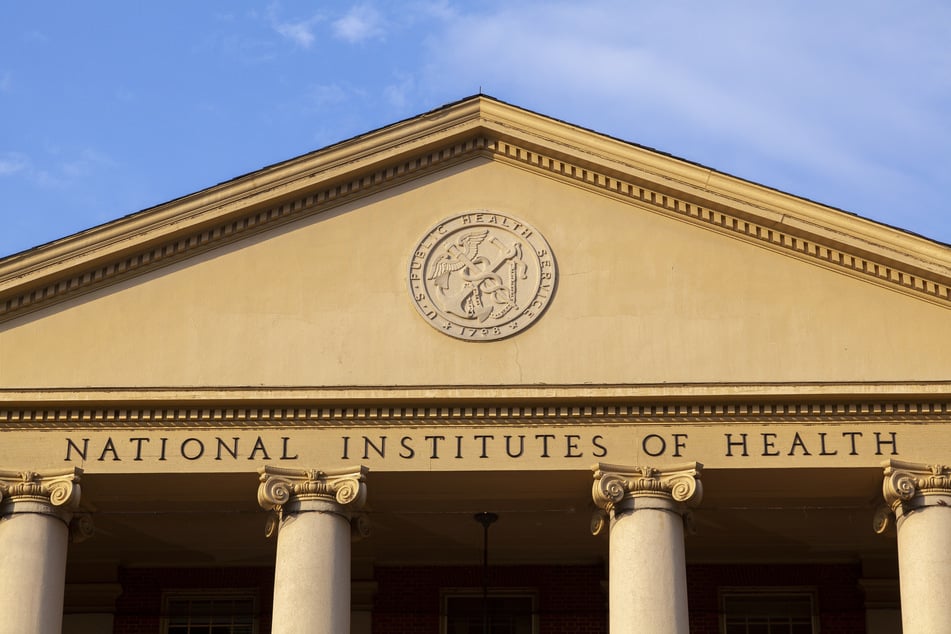NIH permanently banned from cutting critical health research by federal judge
Boston, Massachusetts - The Trump administration and the National Institutes of Health (NIH) have been permanently banned from implementing funding limits for medical research.

US District Judge Angel Kelley in Massachusetts had in February issued a temporary restraining order (TRO) stopping the NIH from cutting federal funding for medical research grants.
Following lobbying from the Trump administration to enter a verdict earlier than anticipated – so that an appeal could be filed sooner – Kelley on Friday made the ruling permanent, effectively barring the NIH from implementing limits on medical research funding.
The order found the NIH funding cuts notice was "arbitrary and capricious" and "failed to follow notice-and-comment procedures." According to the ruling, the NIH and Trump administration had violated the law.
Kelley's decision is a win for institutions that rely on the NIH for their funding, as it means that a proposed 15% limit on government funding will not go ahead, at least for now.
The original policy saw the NIH try to implement a 15% limit on federal funding of the overhead, "indirect" costs of medical research, reducing it down from 60% under previous rules.
Trump administration officials originally justified the new rules as a cost-saving measure to free up money that could then be spent directly on NIH research. The problem is that such research cannot be completed if overhead costs are not paid for.
In February, the NIH touted the policy in a post on X, claiming that in 2024, about a quarter of research funding was used for administrative overhead "indirect" costs.
"Today, NIH lowered the maximum indirect cost rate research institutions can charge the government to 15%," NIH claimed. "This change will save more than $4B a year effective immediately."
Cover photo: IMAGO/Dreamstime